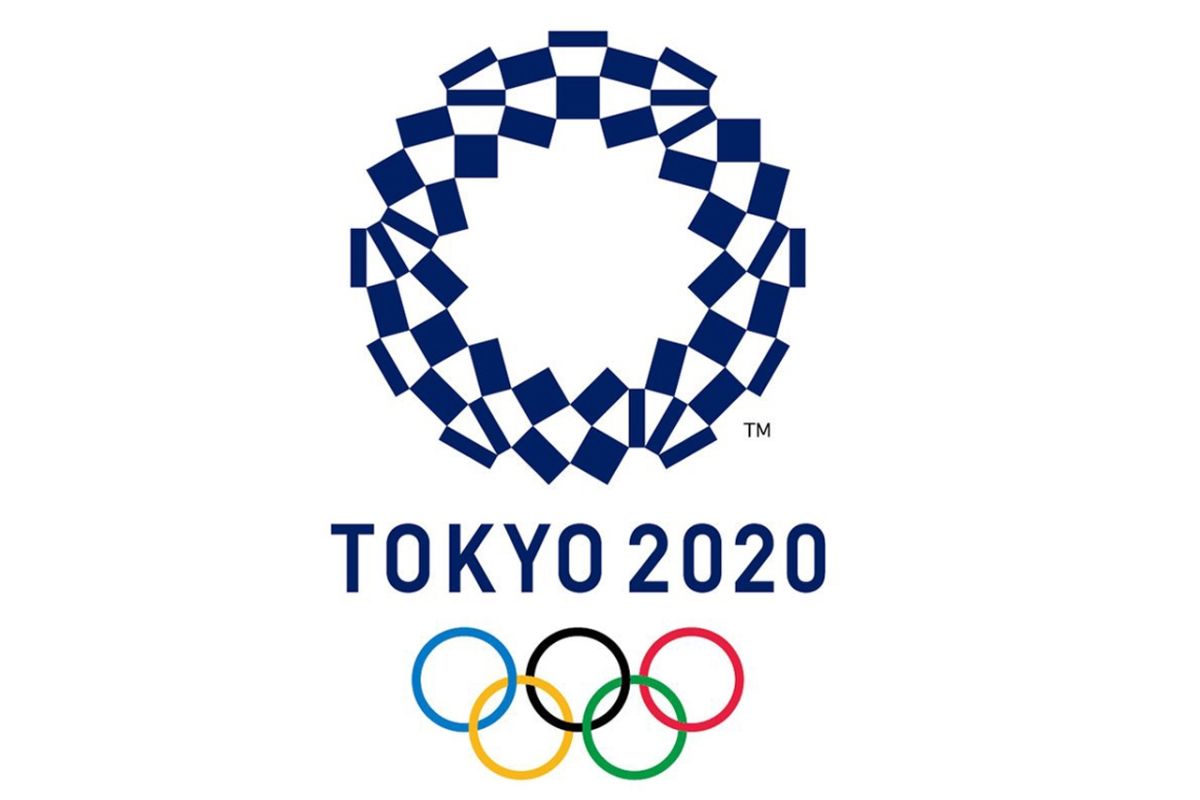Few people anywhere in the world are by now unaware that the Tokyo Olympics, rescheduled for 2021 as part of the impact of the coronavirus pandemic, could turn out to be a bridge too far even one year from today. Long trips entail frictions too.
The poles-apart rhetoric that Japan and the International Olympic Committee spewed recently about need for a vaccine to be hit upon before the Games get going left little of the fraying tempers and probably a ruptured relationship to the imagination.
Advertisement
And it sits on top of an obvious pile of what will diplomatically be called differences over who should spend how much, with the postponement adding its own bit to the tab. To Japan, and probably even its ruling class which wanted a national moment of glory reminiscent of 1964, the extravaganza is now a dog’s dinner.
Things, of course, will get worse if the actual extent of the bite on the national exchequer can be ferreted out of the government officials who know just how expensive this globally practised image-building exercise has been. That even official Japan will be extremely wary of another, similar venture in the near ~ or distant ~ future is a fact not many people will dispute.
So far so bad. But far beyond the borders of Japan, the consequence of a second successive Olympic wash-out cannot fail to be far, far worse for those who live off it without being harmlessly influential. Sport, or any of its tiniest representations revelled in by humanity primarily by way of innocent entertainment ~ a lark in the park, perhaps ~ will surely cock a snook at the virus once it has run its course.
But the huge empire that has been built for profit brick by little brick by professionally organised institutions and consortiums will be hard put to it to stay up at the right end because of, first, the sort of jolt television will feel if Tokyo 2021 fails as spectacularly as Tokyo 2020.
It will be apocalypse now. Secondly, in much more reduced circumstances than are perhaps possible for us to imagine now, the empire will have to make do virtually completely without its retinue of sport promoters: a community always apparently in the margin of things but crucial to how pro sport goes about its everyday business, such as it is today.
In the post- Covid-19 world, they may not have the variety or profusion they have long taken for granted. That implies fewer opportunities for making the fast buck. Television will find that acquiring a sort of proprietorial interest in a sport will no longer make sense. It has flourished by inflicting fixture congestion. The bigger the sport, the worse has been the hit it has taken, especially in terms of its slave-driven, knackered players’ health. The game may soon be changing.











